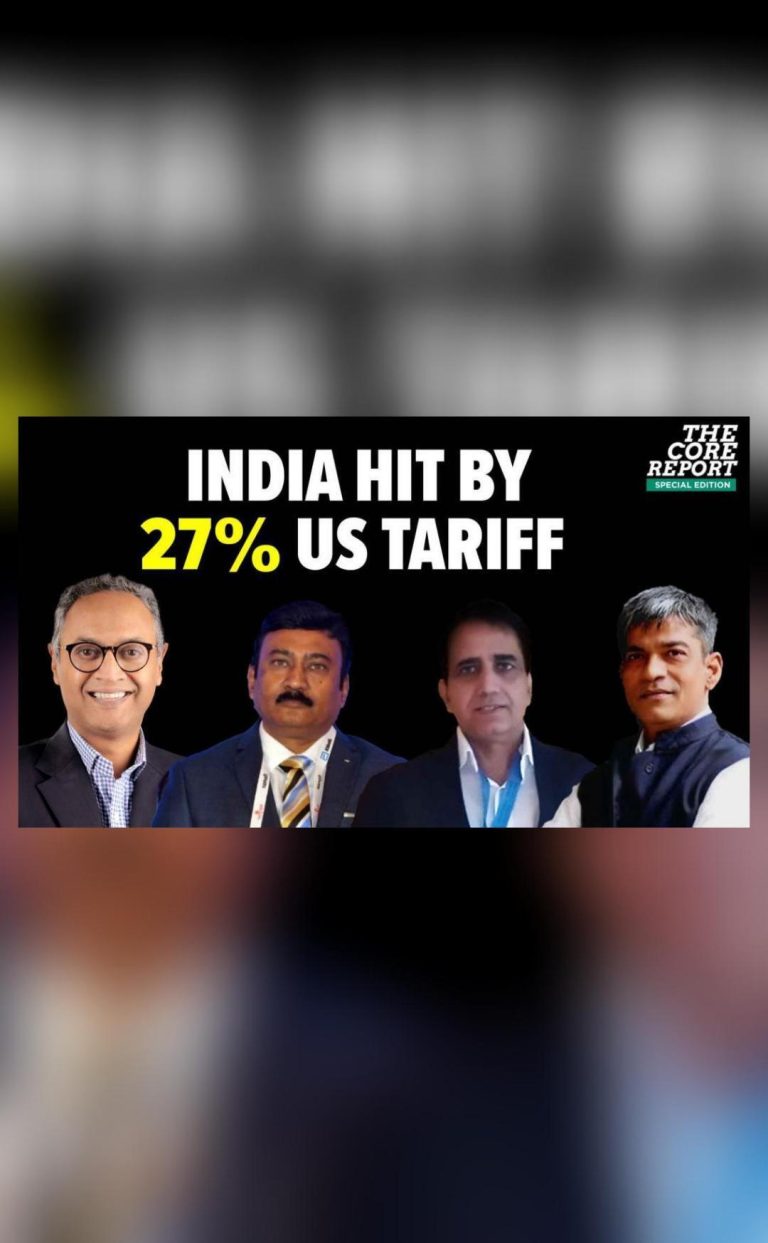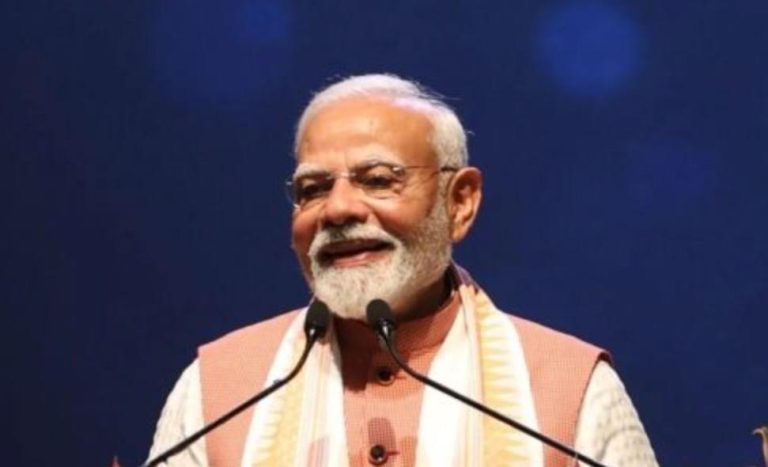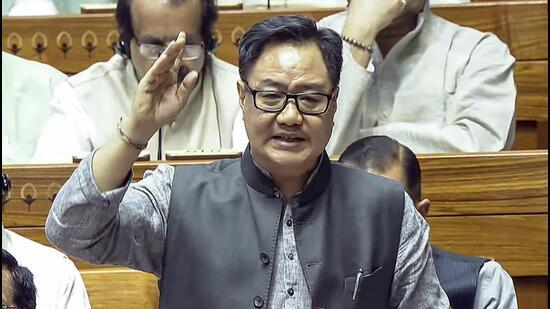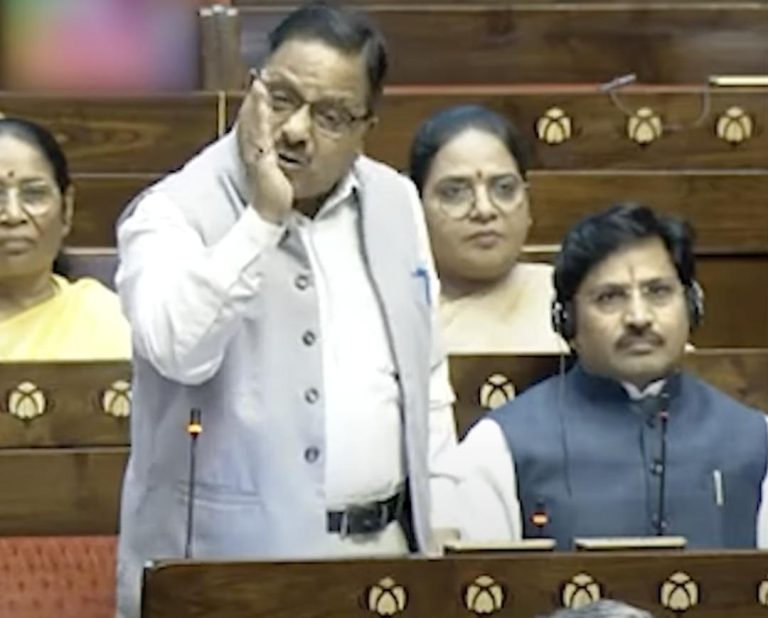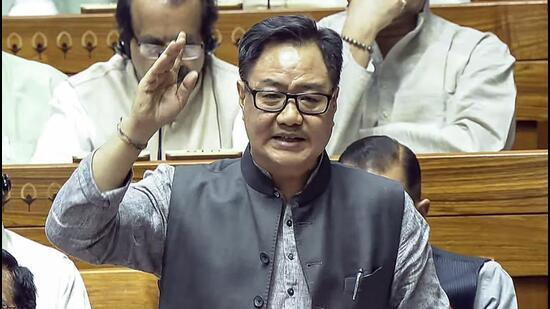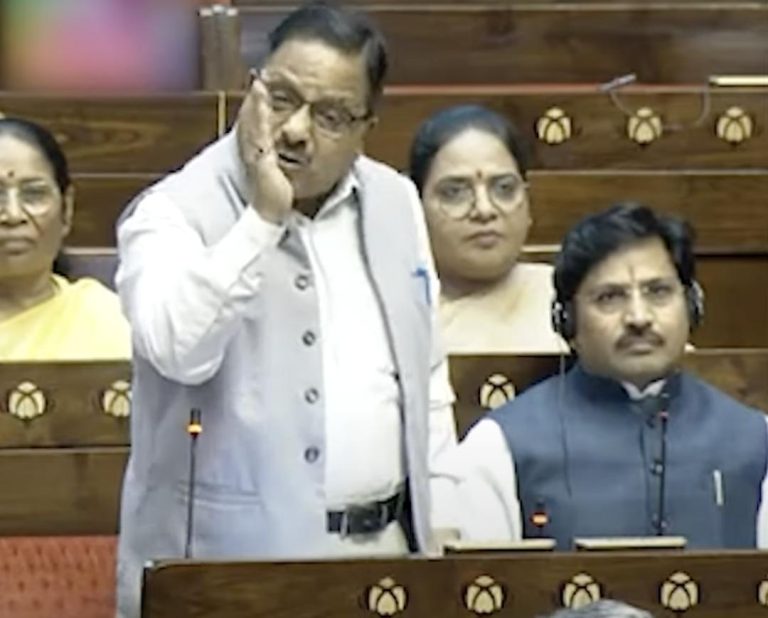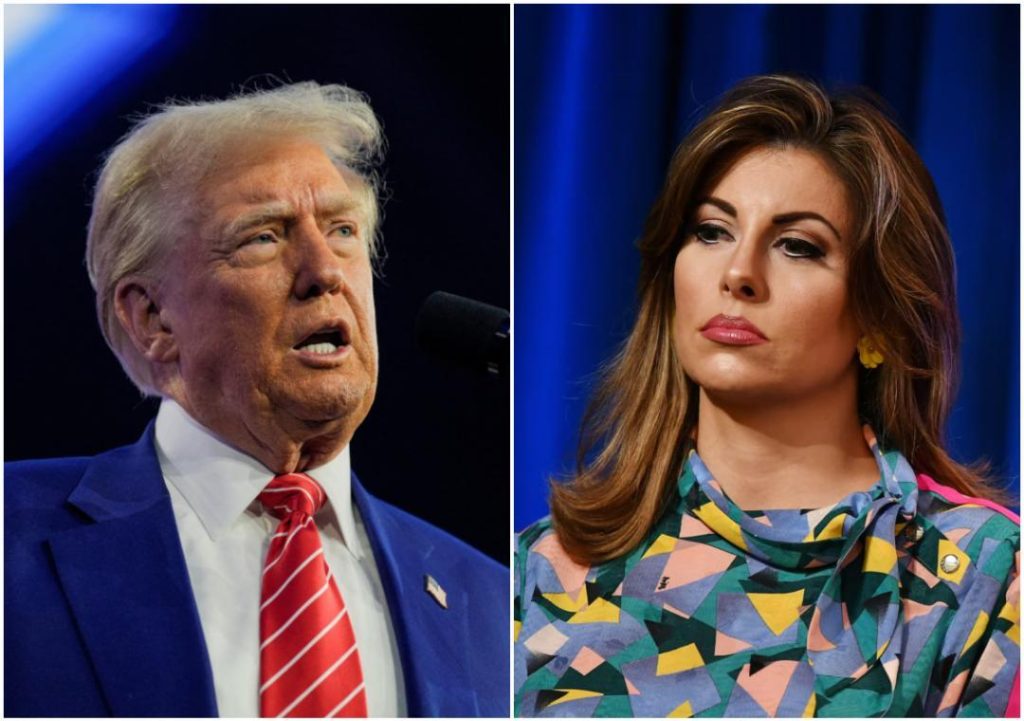
US Draws Red Line over Including Hezbollah in Lebanon’s Govt: Envoy
The United States has set a “red line” that Hezbollah, a Shia Islamist militant group, should not be a member of Lebanon’s next government, US Deputy Middle East Envoy Morgan Ortagus announced during a visit to Lebanon. This statement comes amidst a stalled cabinet formation process in the country and raises concerns about the future of Lebanon’s fragile political landscape.
Ortagus’ statement was made during a press conference in Beirut, where she emphasized that the US is not “afraid” of Hezbollah, citing the group’s recent military defeat in last year’s war with Israel. “We’re not afraid of Hezbollah because they’ve been defeated militarily,” she said. This comment is likely a reference to the 34-day war between Hezbollah and Israel in August 2020, which saw significant losses for the group.
The US has long been critical of Hezbollah’s activities, labeling it a terrorist organization. The group’s involvement in regional conflicts, including the Syrian civil war, and its alleged involvement in drug trafficking and other criminal activities have been major concerns for Washington. The US has also imposed economic sanctions on Hezbollah and its leaders, aiming to weaken the group’s financial capabilities.
Ortagus’ visit to Lebanon coincides with a stalled cabinet formation process in the country. Lebanon has been without a functioning government since May 2020, when the government resigned amid widespread protests against corruption and economic mismanagement. The country’s political elite has been unable to agree on a new cabinet, with rival factions vying for power.
The US has been actively involved in mediating the crisis, with Ortagus meeting with Lebanese politicians and officials to urge them to form a new government. The US has also been pushing for the implementation of reforms aimed at addressing Lebanon’s economic crisis, which has been exacerbated by the COVID-19 pandemic and the devastating blast at the Port of Beirut in August 2020.
Ortagus’ statement on the US “red line” regarding Hezbollah’s involvement in the government is likely aimed at reiterating the US position on the group’s activities. The US has long been opposed to Hezbollah’s involvement in Lebanese politics, viewing it as a threat to regional stability and a challenge to its own interests in the region.
The implications of Ortagus’ statement are significant, as they suggest that the US is willing to use its influence to block any government formation that includes Hezbollah. This could potentially lead to further polarization in Lebanese politics, with Hezbollah and its allies likely to resist any attempts to exclude them from the government.
The US has a long history of involvement in Lebanese politics, dating back to the country’s independence in 1943. The US has provided significant economic and military aid to Lebanon, and has been a key player in regional conflicts, including the Israeli-Palestinian conflict and the Syrian civil war.
However, the US has also faced criticism for its role in Lebanon, with many arguing that its involvement has contributed to political instability and violence in the country. The US has been accused of supporting anti-Hezbollah groups and parties, which has led to accusations of meddling in Lebanon’s internal affairs.
In conclusion, Ortagus’ statement on the US “red line” regarding Hezbollah’s involvement in Lebanon’s government is a significant development in the ongoing crisis in the country. The US has set a clear red line, and any government formation that includes Hezbollah is unlikely to be accepted. This raises concerns about the future of Lebanon’s political landscape, and the potential for further polarization and violence.
As the situation in Lebanon continues to unfold, it remains to be seen how the US will use its influence to shape the country’s future. Will the US be able to successfully mediate a government formation that excludes Hezbollah, or will its efforts only serve to further entrench the country’s political divisions?
Only time will tell, but one thing is clear: the US has set a clear “red line” that Hezbollah should not cross.

